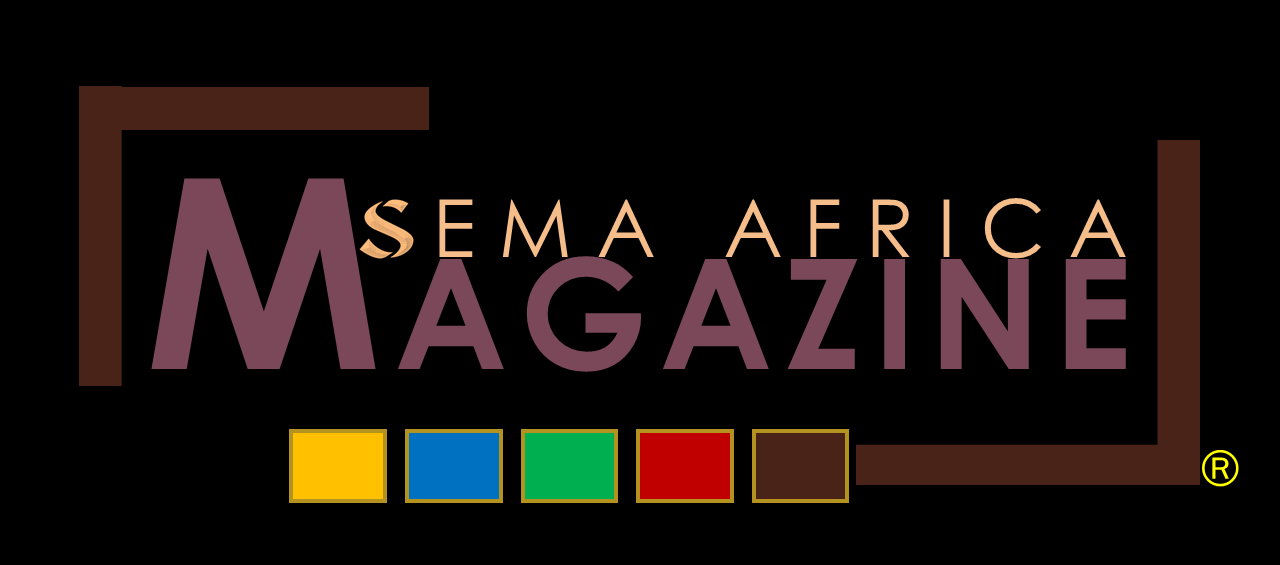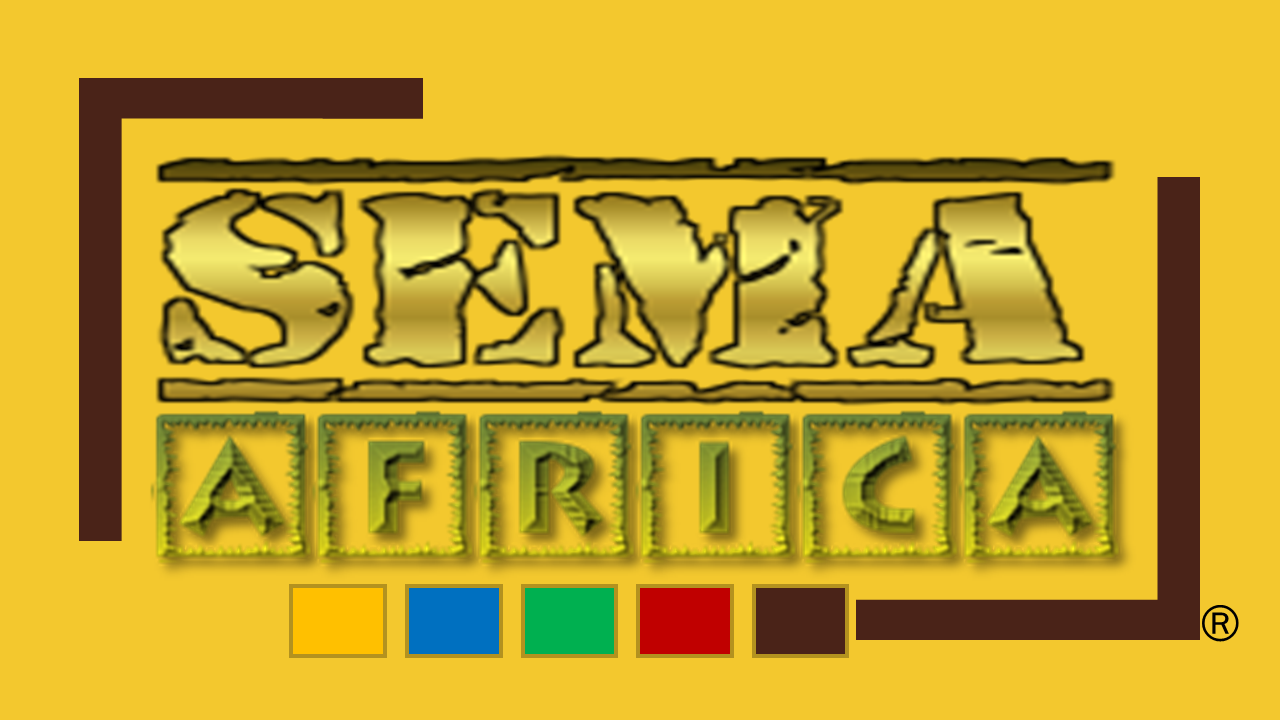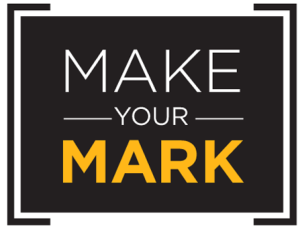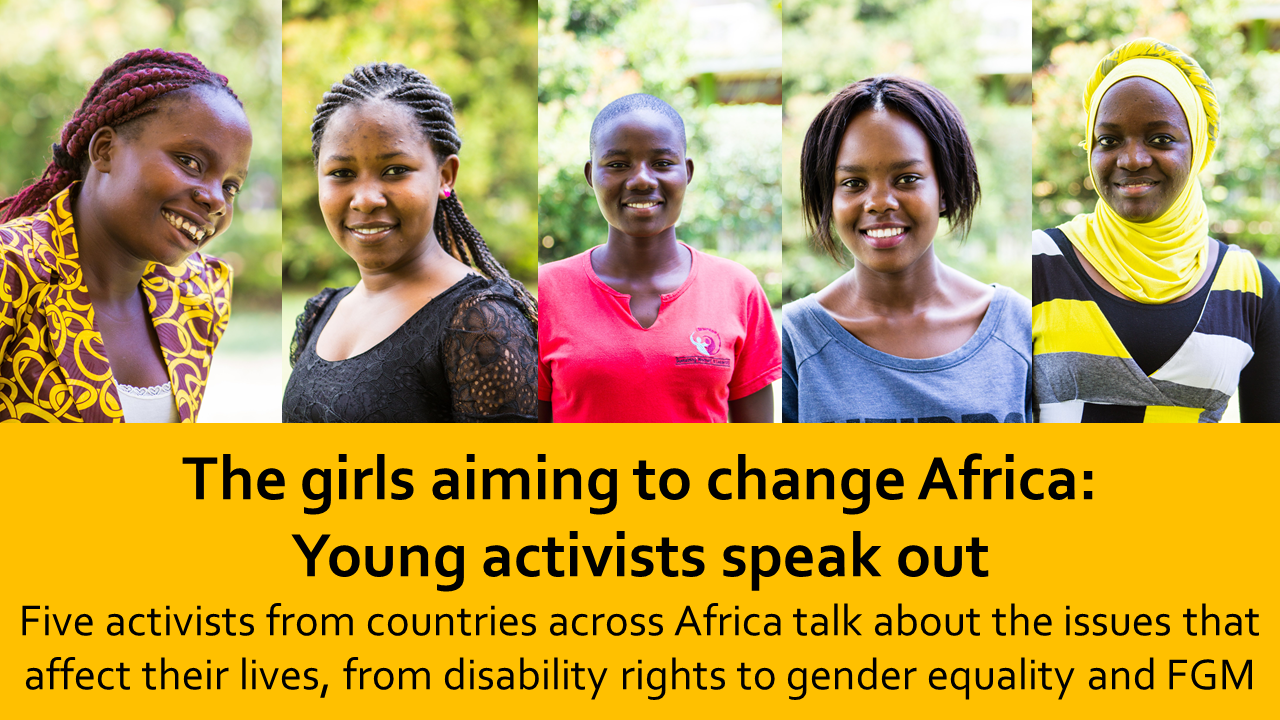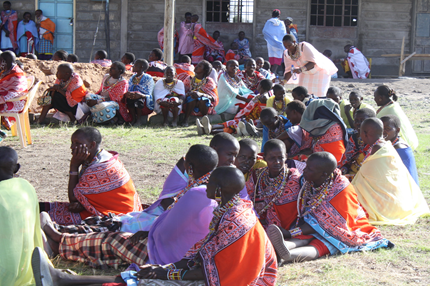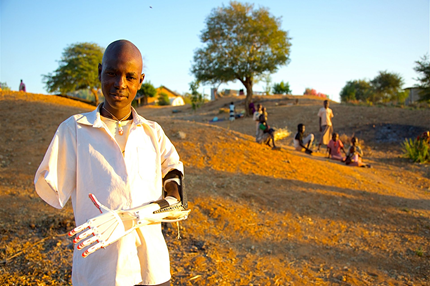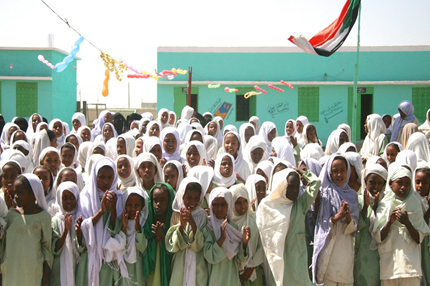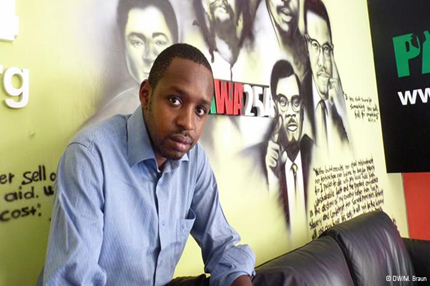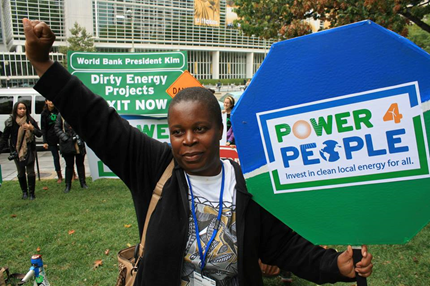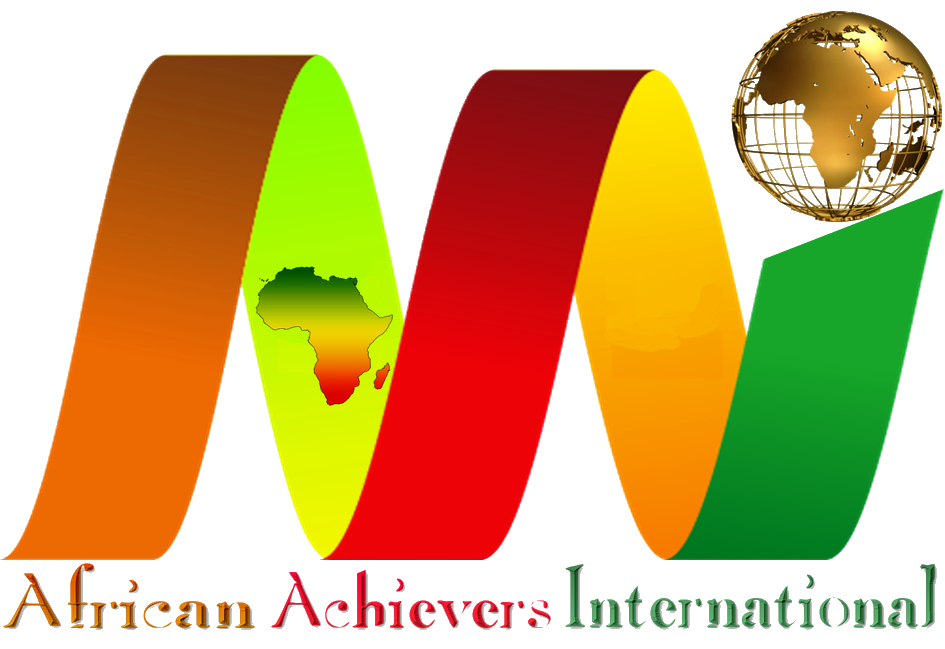Crowdfunding
medicine via Facebook is a lifesaver for sick children in
Sudan

Hathim Ahmed in his pharmacy near Khartoum’s main children’s hospital. Many people in Sudan struggle to afford even basic medicines. Photograph: Hannah McNeish
With NGOs seen as a political threat, a volunteer initiative that links doctors and pharmacists with donors is funding much-needed healthcare
“If these guys weren’t here I’d start to sell things from my home, like my bed, chairs and cooking utensils,” says Arafa Moussa
A tea stall under a tree on one of Khartoum’s busiest roads doesn’t look like much to pin your hopes on when seeking to cure a sick child. But dozens of anxious parents and unrelated strangers rush to places like this across Sudan every day – the former to press prescriptions and the latter cash into the hands of volunteers managing a crowdfunding operation that saves children’s lives.
The operation, set up in 2012,
received donations of some $220,000 (£176,000) for medicines in
2014, and also collected $533,000 to open children’s intensive care
units in two hospitals in the capital.
“If these guys weren’t here I’d start to sell things from my home, like my bed, chairs and cooking utensils,” says Arafa Moussa, who has come from the Jaffar Ibn Ouf children’s hospital across the road to get help to pay for her son’s medicines. Since her husband had a heart attack and lost his job last November, they have not managed to pay the monthly 2,000 Sudanese pounds (£248) to manage their eight-year-old’s rare condition of aplastic anaemia.
“If he didn’t get the medicine, he would bleed from his nose, eyes, ears and whole body,” says Moussa, wiping her tears as she talks about trying to sell the family home to pay for the bone marrow transplant he can only get abroad.
It was seeing children with
cancer in pain that led around 15 young Sudanese volunteers to
establish the crowdfunding initiative, called Sharia’
al-Hawadith.
Women's rights and gender equality, we highlights issues affecting women, girls and transgender people.


It was named after a street lined with medical facilities, and which roughly translates as Accident Lane. It is now home to a small army of young volunteers who sit under a tree sipping endless cups of tea between racing off to get prescriptions for parents who turn up or call from hospital.
Decades of conflict and the resulting sanctions against the regime of President Omar al-Bashir have crippled investment and development. International NGOs have struggled to operate in a climate of government suspicion and restrictions, which includes limiting the medical work of Médecins Sans Frontières and the Red Cross.
“Our government doesn’t want [NGOs] here … there were so many, but they were driven out,” says Hathim Ahmed, one of many pharmacists working with Sharia’ al-Hawadith to provide medicines that most insurance won’t cover. None of the volunteers are paid.
The initiative does some preliminary means-testing by speaking to parents, and asks them to contribute between 10% and 50% for expensive medicines or to buy the cheap ones themselves. For those who can’t contribute, Sharia’ al-Hawadith bears the total cost.
“About 25% of the people I see can’t afford to pay for treatment or medicines,” says junior doctor Leben Khair, who has volunteered for Sharia’ al-Hawadith since discovering that most insurance policies only pay for up to 10% of medicines and that “even private insurance doesn’t cover the expensive ones”.
In Sudan, while NGOs have floundered, such online crowdsourcing models have prospered, allowing people to donate for medicines, books, blankets or food without going through an organisation that could be considered a political threat.
“We publish the daily needs in the Facebook page … and we write the medicines or the cheques we need to do today,” says Ibrahim Alsir Alsafi, a journalist, who – like most other volunteers – spends a day or an evening a week sitting at the tea stall the street.
Ayman Saeed, one of Sharia’ al-Hawadith founders, says not being an NGO has its advantages. “It gave us more room to move freely and expand as much as we can, and our [decentralised] management system … was a good strategy.” He says it gives people the chance to approach the concept in their own way.
More than 100,000 people follow the Facebook page where the prescription requests and the whereabouts of sick children are posted. With volunteers working in all of Sudan’s 18 states, and most children’s hospitals, people can give money personally or send it through people they know living locally. “Sudanese people – most of them from outside Sudan – help us by transferring lots of money. We don’t have a bank account but they transfer it to their relatives here and they come to give it to us by hand,” says Alsafi.
The initiative requires a level of trust between pharmacists and volunteers, who all keep accounts of what has been bought or given on credit per shift. Some people who donate, especially for chronic cases or for first-time donors and who want to see where their money’s going, meet the patients, and sometimes, like the volunteers, get to know their families quite well.
Some pharmacists in Khartoum say that per shift they can give away anything from 200 to 2,000 Sudanese pounds’ worth of medicine, but that they trust the initiative and know they will be paid.
“Sometimes people go to the pharmacy and they just pay our debts for the whole month,” he says.
The largest donation received was from a wealthy Khartoum woman who didn’t have cash so turned up with her gold jewellery. When the dealer found out the money was going to charity, he paid double for it.
People living abroad also respond to the regular calls for drugs that are not available in Sudan, or are extremely expensive imports, by sending them over. “Antibiotics, especially injectables, are very expensive, and cancer drugs per injectable dose can cost 900,000 Sudanese pounds. A course of 28 tablets can cost 1.5m,” says Ahmed.
Since running his own pharmacy in the hospital district, Ahmed, like many other pharmacists, has worked with different charitable funds and given away drugs to needy customers for years. He now extends credit to Sharia’ al-Hawadith to reach increasing numbers of poor people who have been hit by inflation and a falling currency, which puts medicines imported from Europe or the US even further out of reach.
“People are really getting poorer and poorer every day; things are getting worse, so we are trying to help,” he says.
Thomson Reuters Foundation

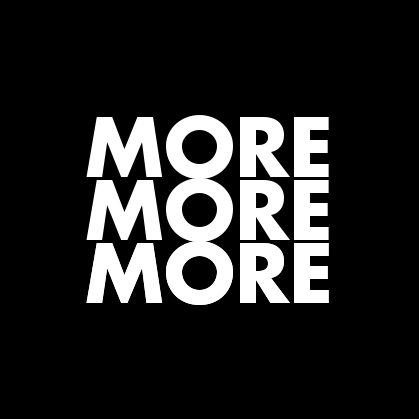
YOUR SHOPPING MADE EASY
Africa's Change Makers Magazine
COMPANY
AFRICAN ACHIEVERS INTERNATIONAL Inc. is a global media and technology company including lifestyle media publisher SEMA AFRICA
online
Magazine AFRICAN ACHIEVERS MAGAZINE, digital shopping
platform PA-BEAUTY STATION.COM, event management
PRIDE OF AFRICA, awards program AfIA
AWARDS, youth and talent development, PILLARS OF
HOPE and AAK, Volunteerism
UNIVERSIDAY grassroots community support
NAD and financial support
REMITGROW and monthly subscription box AAi Must
Have. ....
More from African Achievers International
SUBSCRIBE

